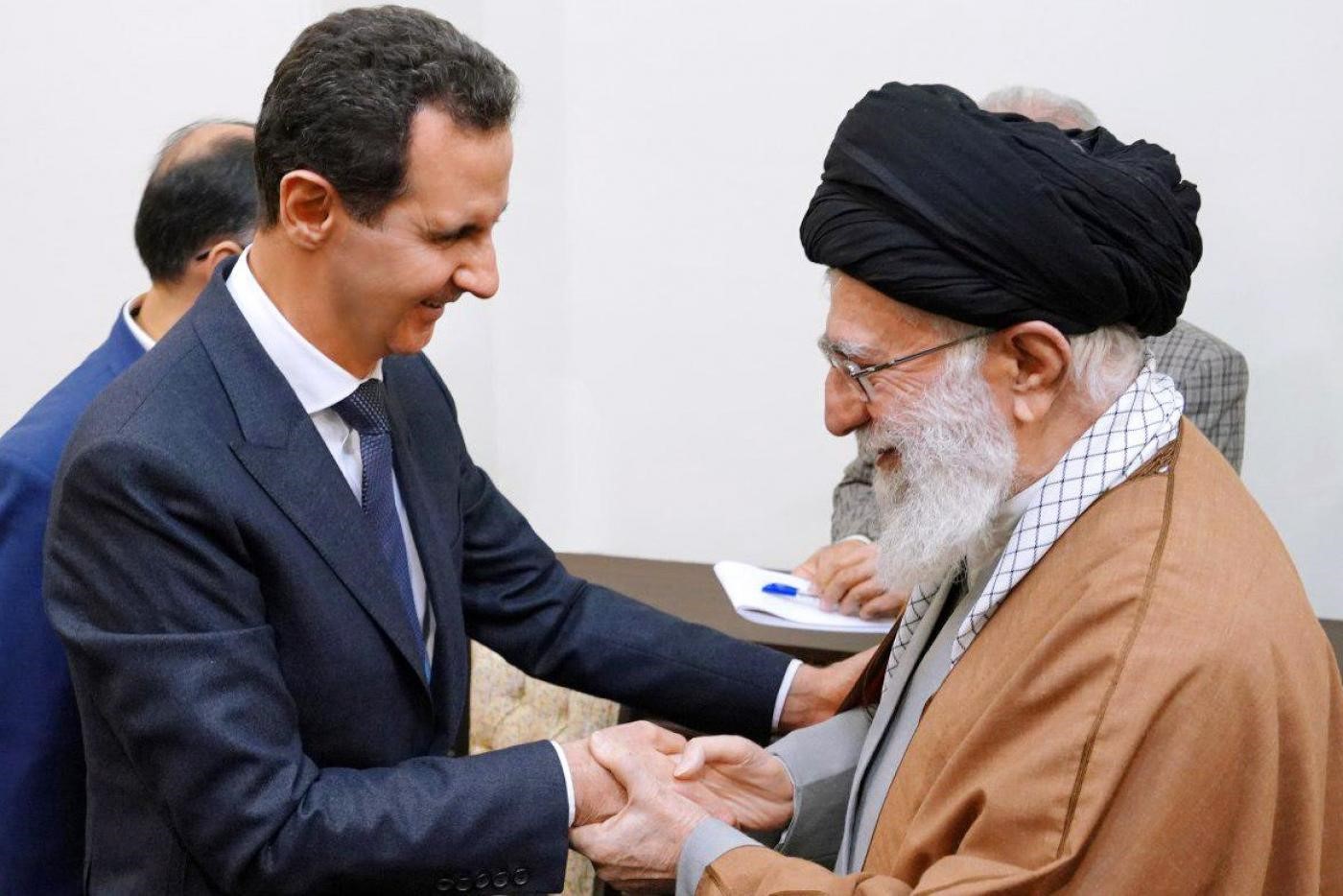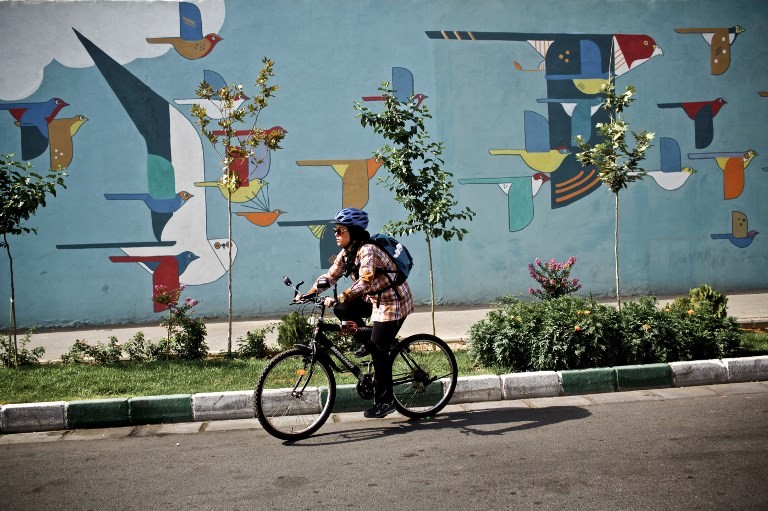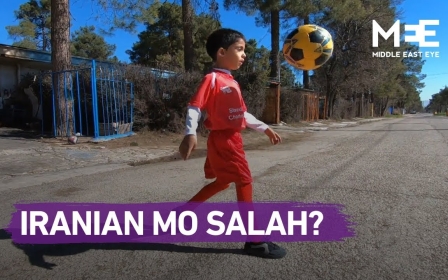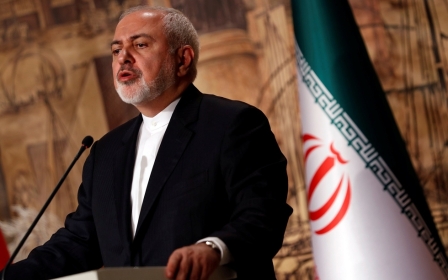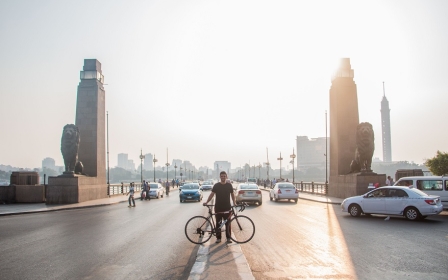Iranian press review: Sanctions-struck Iran returns to the era of war coupons
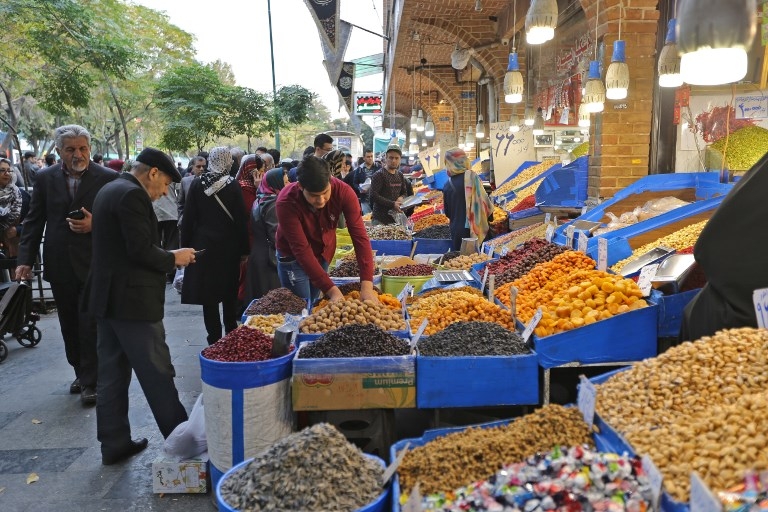
The return of ration coupons
Ten months after the US withdrew from the Iranian nuclear deal and reimposed sanctions, Iranian officials will reintroduce ration coupons for essential goods, the state-owned IRNA news agency reports.
Since US sanctions were put back into effect last year, food prices have quadrupled in the country and Iranians have faced a sharp reduction in purchasing power.
In response to economic hardships for the middle class and labourers, Iranian lawmakers decided to bring back coupons which were used in Iran in the 1980s during a devastating seven-year war with Iraq.
On 3 March, the Aftab Yazd daily reported that the parliament decided to fight against corruption being spread by state-sponsored businesses importing essential goods to Iran.
New MEE newsletter: Jerusalem Dispatch
Sign up to get the latest insights and analysis on Israel-Palestine, alongside Turkey Unpacked and other MEE newsletters
The government-sponsored merchants use subsidised rates for foreign currencies to import essential goods, but they sell the goods in the market with the unofficial rate which is three times more than the subsidised rate.
‘Unexpected guest’ shuts down reformist daily
When Iranian Foreign Minister Mohammad Javad Zarif submitted his resignation last week, experts said he was reacting after being excluded from a meeting between Iran’s President Hassan Rouhani and Syrian President Bashar al-Assad.
While Zarif's resignation was eventually rejected by Rouhani, Assad's trip also had significant consequences for one reformist newspaper.
On 26 February, a day after Assad's unannounced visit to Tehran, the Qanoon Daily published a photo of Iran’s supreme leader and the Syrian president on its front page with the headline “Unexpected Guest”.
On the same day, ISNA news agency reported that the special Court of Culture and Media had ordered Qanoon to close immediately.
The order did not outline why the paper was to be closed, although the Donya-e Eghtesad daily reported that the ban was related to calling Assad an unexpected guest.
The court’s decision was met with outrage by Iranian journalists who have been under unprecedented pressure by the judicial system which is governed by the hardliners.
“Several times, I’ve experienced the shutdown of newspapers and the unemployment [that comes afterwards],” Iranian journalist Jila Baniyaghoob wrote on Twitter.
“This news is totally different for all those colleagues who worked at the daily, and days full of sadness begin for their families.”
Seeking cyclists in Tehran
Despite an unwritten ban by hardliners on women's cycling in public, Tehran Municipality has organised a campaign to promote cycling in the Iranian capital.
On 1 March, IRNA news agency published a photo-essay showing ordinary Iranians along with sports and cinema superstars biking through the streets of the capital.
Many of those participating in the ride were women who expressed eagerness to bike around Tehran rather than drive.
Until the early 2010s, it was rare to see a woman riding a bicycle in Tehran, but more and more are now taking to the road.
While there is no direct and explicit fatwa - a religious ruling – against the women cycling, Iranian religious leaders have never missed a chance to criticise women for biking because it exposes them to people to whom they are not related, something which the leaders consider to be prohibited in Islam.
The cycling campaign caused a wave of positive reactions on social media. “Finally, women’s cycling has been officially accepted. A gradual and irreversible development of society,” wrote a user on Twitter.
Religious disapproval is not the only obstacle that the municipality faces in promoting cycling in the city. Steep hills, drivers who disobey rules, and a lack of infrastructure like parking places and biking routes are also barriers to making Tehran a bicycle-friendly city.
‘Young minister’ hits conservatives, again
The Islamic Republic of the Iranian Broadcasting (IRIB) has been hit hard by the country’s Minister of Information and Communication Mohammad Javad Azari Jahromi, who accused the outlet of manipulating the results of a TV opinion poll, IRNA news agency reports.
Nicknamed "the young minister", Azari Jahromi has been under fire by the hardliners since appointment in August 2017 because of his support for ending internet blocking in the country.
Earlier this month, he posted diagrams on Twitter, explaining how many votes and on which days they were changed in the poll commissioned by IRIB.
Headed by Iran's supreme leader, IRIB is the country's only television and radio service provider. It closely follows policies made by the Islamic Revolutionary Guard Corps and functions as the main propaganda arm of orthodox conservatives.
The outlet conducted the poll between February and March using a mobile-voting programme designed by a private company.
During the last three days of the survey, “over hundreds of thousands of suspicious votes” were cast in favour of Barande Bash, an Iranian quiz show, according to IRNA.
Before the poll's manipulation, a sports show called Navad topped the list. The weekly programme about football is hosted by Adel Ferdosipour, who frequently speaks out against politicians meddling in sports.
* Iranian press review is a digest of reports that are not independently verified as accurate by Middle East Eye.
Middle East Eye delivers independent and unrivalled coverage and analysis of the Middle East, North Africa and beyond. To learn more about republishing this content and the associated fees, please fill out this form. More about MEE can be found here.


